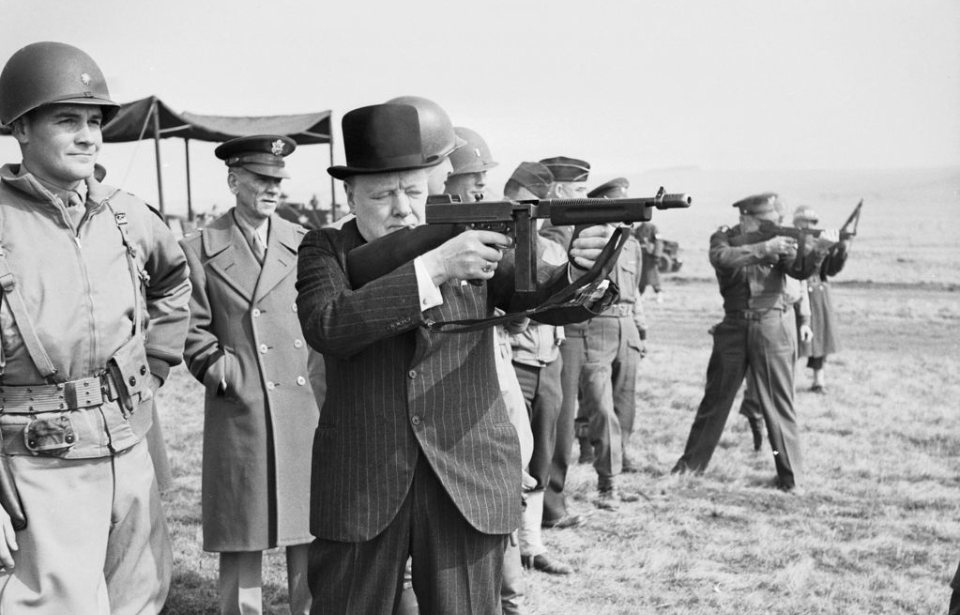The “Big Three” heads of the Allied countries during the Second World War – British Prime Minister Winston Churchill, US President Franklin D. Roosevelt and Soviet leader Joseph Stalin – demonstrated a united front while fighting against Germany. In reality, they were divided on a number of issues, which almost led to a catastrophic invasion of the Soviet Union by the British.
Winston Churchill’s premonition
Roosevelt and Stalin both thought fondly of each other, while Churchill didn’t trust Stalin in the slightest. The leader of the USSR had promised free elections to German-occupied countries that had been liberated by the Red Army, but Churchill believed he actually intended to subject them to Soviet rule – a premonition the British prime minister coined as the “Iron Curtain.”
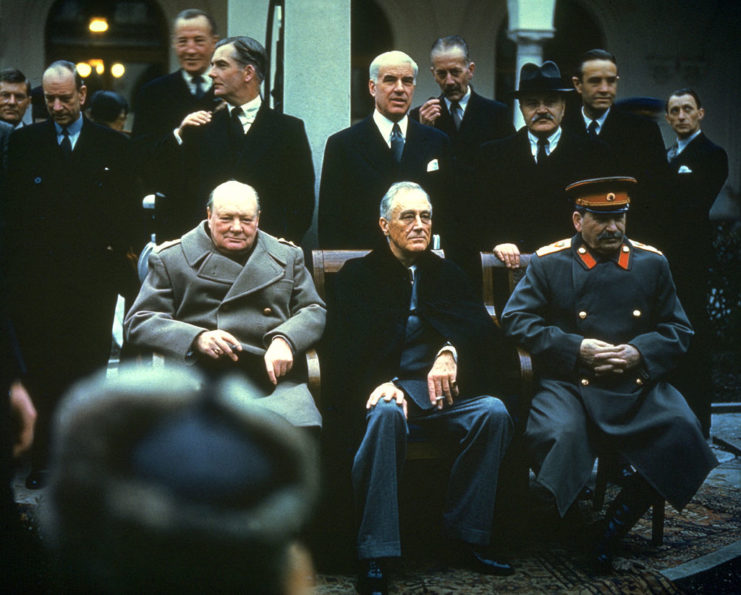
In May 1945, Churchill ordered the development of a series of plans, codenamed “Operation Unthinkable,” which laid out the possibility of a war against Russia, to seize control of such Soviet-occupied countries as Poland. These plans, devised by the Joint Planning Staff, were never approved, but had they gone ahead, a violent conflict would have ensued on July 1, 1945.
What did Operation Unthinkable entail?
One plan under Operation Unthinkable involved a “surprise attack” by 47 British and American military divisions on Soviet forces stationed in Germany. Intended to occur in Dresden, which was located in the middle of the Soviet line, it would have included almost half of the military divisions available to the British, American and Canadian headquarters.
The potential operation also included a plan for British, American, Polish and even German forces to attempt to liberate Poland and East Germany from Stalin’s rule. If they didn’t succeed in this endeavor, the Allies risked entering a third world war.
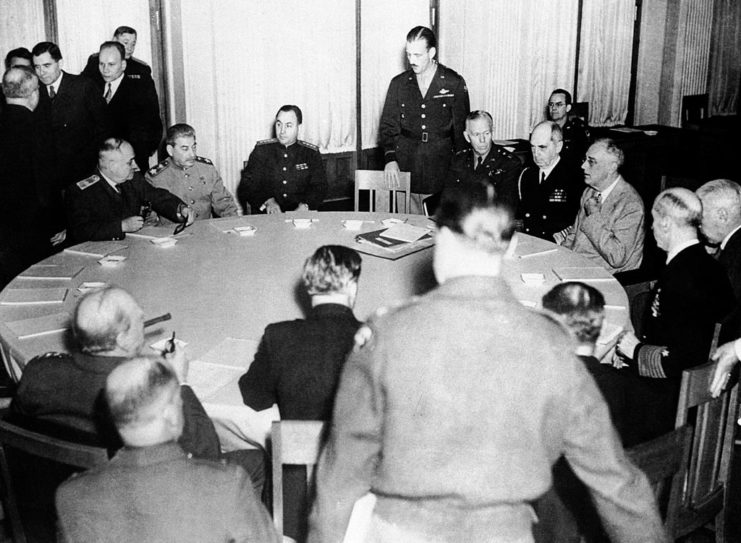
Russia was the last thing on America’s mind, as the country was still at war with Japan. This proposed battle would result in the Allied forces having to fight in Russia during the dead of winter, a potentially fatal situation. British officials also realized that, without any help from their American counterparts, the offensive would be doomed from the start.
The original plan was scrapped and a second was formed in its place. This featured a scenario wherein the British would have to defend against the Soviets as they moved toward the North Sea and Atlantic Ocean after the US returned home. Churchill was particularly worried that Poland would continue to be a primary target of Soviet aggression during this time.
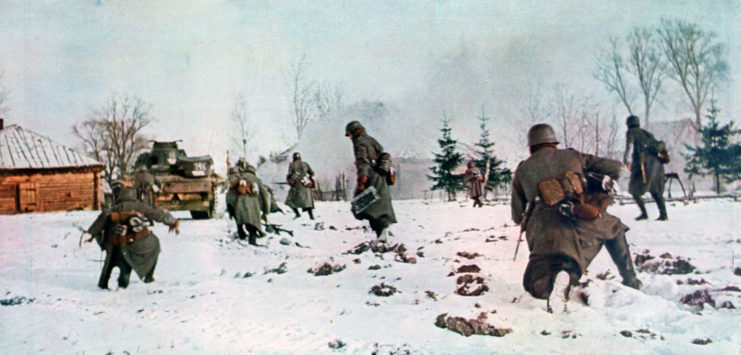
Operation Unthinkable was top secret and not made public until 1998. If he hadn’t been forced to resign in July 1945, Churchill could have possibly gone through with his plans, plunging the world into a third massive war. While Britain never officially entered into war with the Soviet Union, American leaders soon received an ominous warning from Stalin, leading to the start of the Cold War.
Were Russian officials aware of Operation Unthinkable?
Given the amount of work that went into plotting Operation Unthinkable, it’s hard for one to not wonder if Russian officials were ever aware of what Churchill had planned. John Erickson, a professor at Edinburgh University, thinks they were. In June 1945, just one month before the proposed invasion of the USSR, Georgy Zhukov suddenly ordered troops stationed in Poland to regroup and prepare for defensive action.
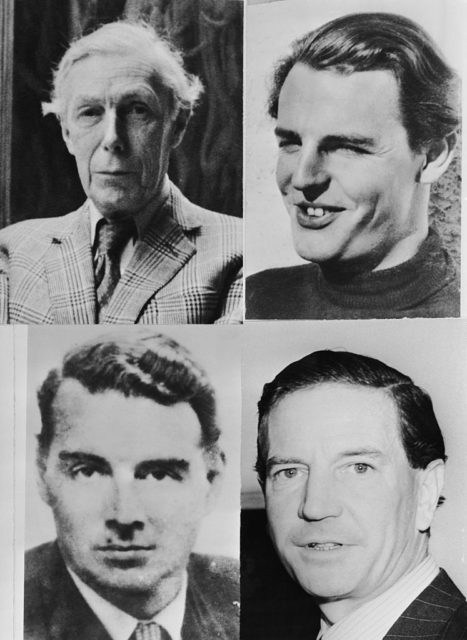
Erickson believes the plans for Operation Unthinkable could have been passed to Soviet officials through the Cambridge Five, a ring of spies who passed intelligence to the Russians during World War II. If the Soviets really were aware of Operation Unthinkable, their preparation for the proposed British invasion could have led to disaster.
More from us: Why Do American Military Enthusiasts Put George Patton on a Pedestal?
Ultimately, the Allies never launched Operation Unthinkable. Some historians continue to debate whether the outcome of the invasion would have stopped the violent path of destruction Stalin led across the USSR or if it would have resulted in another senseless war.
